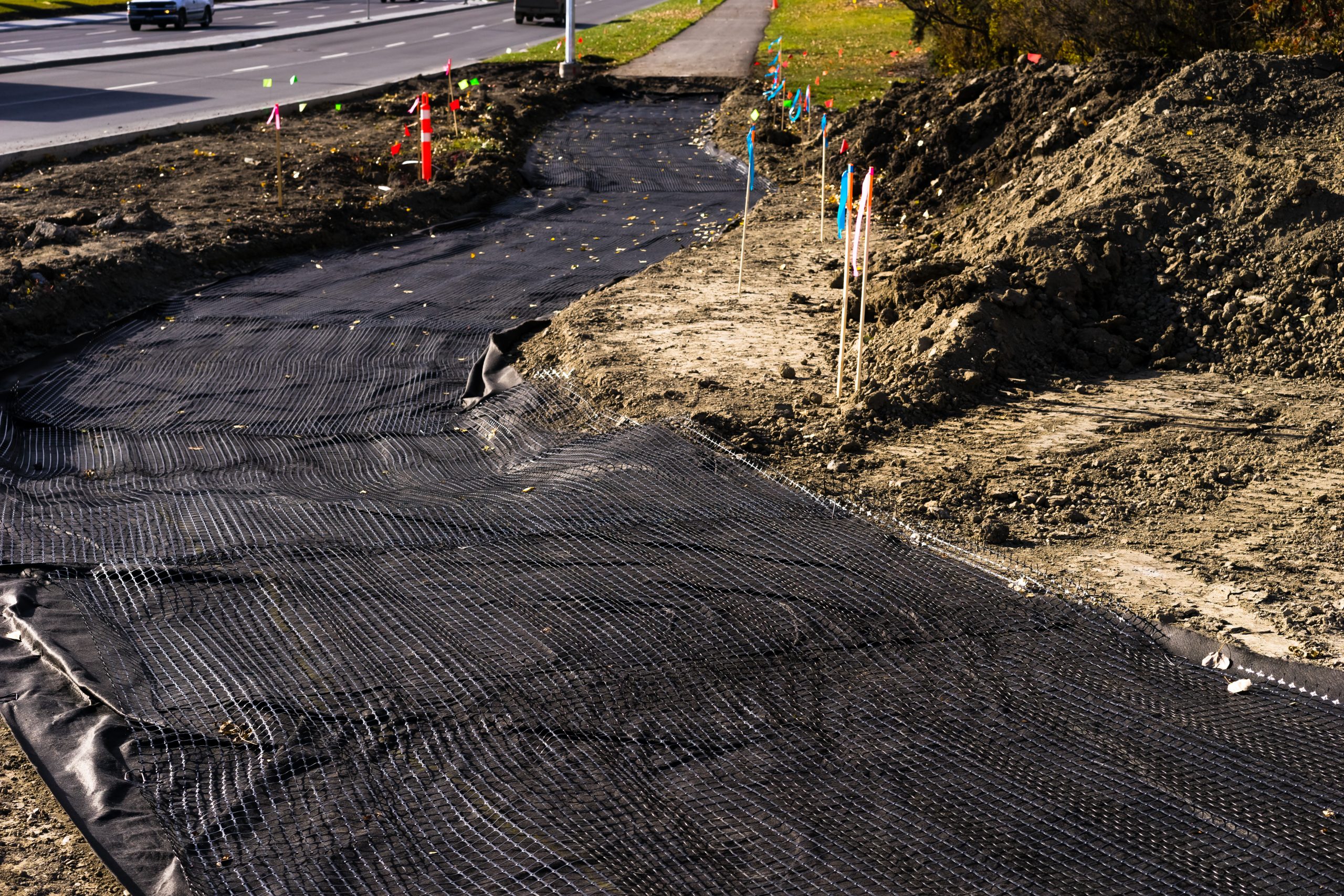In the realm of modern construction and civil engineering, the geosynthetic industry plays a pivotal role, offering innovative solutions that are revolutionizing the way we build and maintain infrastructure. Geosynthetic manufacturers are at the forefront of this transformation, providing high-quality materials and expertise to enhance the durability, sustainability, and cost-efficiency of construction projects. In this article, we delve into the world of geosynthetics, their applications, and the leading geosynthetic manufacturers driving this industry forward.
Understanding Geosynthetics
Geosynthetics are synthetic materials engineered to improve the properties of soil and rock, enhancing their performance in various civil engineering applications. These versatile materials can be categorized into several types, including geotextiles, geogrids, geomembranes, and geonets. Their widespread use is attributed to the numerous advantages they offer, including increased stability, reduced soil erosion, enhanced drainage, and improved soil reinforcement.
Geotextiles: A Foundation of Geosynthetics
Geotextiles are woven or non-woven fabrics designed to separate, filter, reinforce, protect, or drain. They find applications in road construction, erosion control, and landscaping, among many others. The role of geotextiles in providing soil stabilization and erosion control cannot be overstated.
Geogrids: Reinforcing Infrastructure
Geogrids are high-strength materials used to reinforce soil and retain wall structures. These grids are instrumental in constructing roads, bridges, and embankments, allowing for the efficient distribution of loads and the prevention of soil movement.
Geomembranes: Safeguarding the Environment
Geomembranes are impermeable barriers used for environmental protection and containment applications. They ensure the safe storage of hazardous materials, prevent water leakage from landfills, and safeguard the environment in numerous ways.
Geonets: Enhancing Drainage
Geonets are three-dimensional structures used for drainage and soil reinforcement. They promote efficient water flow, making them indispensable in applications such as landfills, athletic fields, and subsurface drainage systems.
The applications of geosynthetics are as diverse as the materials themselves, and they are revolutionizing the way we build and maintain infrastructure.
Road Construction
In road construction, geosynthetics are used to separate and reinforce soil layers, leading to better load distribution and extended pavement life. This results in cost savings and more durable roadways.
Erosion Control
Erosion is a common problem in construction and environmental projects. Geosynthetics, especially geotextiles, are employed to prevent soil erosion and protect valuable topsoil.
Landfills
Landfills require impermeable liners to prevent hazardous waste from contaminating the soil and groundwater. Geomembranes are essential in creating effective barriers, ensuring environmental safety.
Retaining Walls
Geogrids play a vital role in building retaining walls, providing structural support to keep soil in place and prevent landslides. This is crucial in hilly and mountainous regions.
Environmental Protection
Geosynthetics are indispensable in safeguarding the environment. They play a critical role in containment systems for hazardous waste, preventing potential ecological disasters.
Leading Geosynthetic Manufacturers
When it comes to sourcing top-quality geosynthetic materials, several manufacturers stand out for their innovation and commitment to excellence.
Conclusion
Geosynthetics are an indispensable part of modern construction and civil engineering, and they are here to stay. Their applications are diverse, from road construction to environmental protection, and the leading geosynthetic manufacturers are continually pushing the boundaries of innovation. As the demand for sustainable and cost-effective infrastructure solutions grows, geosynthetics will play an even more significant role in shaping the future of construction.
By choosing the right geosynthetic materials from renowned manufacturers, construction projects can achieve enhanced durability, cost-efficiency, and sustainability. The geosynthetic industry is a testament to the power of innovation and technology in the world of infrastructure.

.jpg)

No comments:
Post a Comment